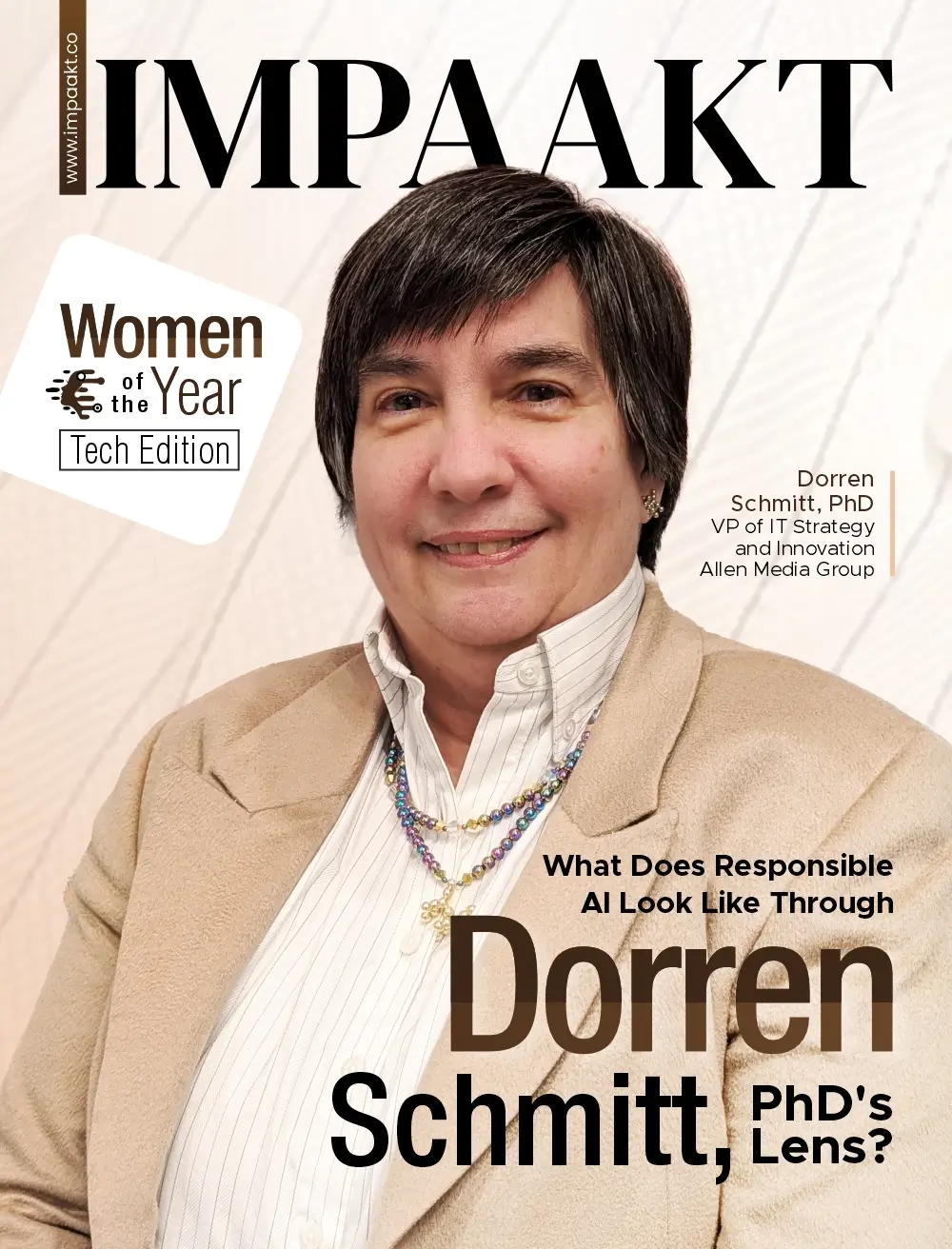The narrative around women in leadership has grown tired. We’ve celebrated the “firsts” so often that we’ve forgotten to examine what comes after breaking through. We’ve applauded the glass ceiling shatterers without asking the harder question: what are they building once they reach the top? This year, we’re shifting the conversation from breakthrough to transformation, from individual triumph to systemic change.
Welcome to “Women of the Year, 2025 – Lead with Equity,” an edition that refuses to treat equality as a destination and instead explores it as a leadership philosophy. This isn’t about counting women in boardrooms—it’s about understanding how different approaches to power, structure, and growth are reshaping entire industries. It’s about leaders who don’t just occupy seats at tables that were built by others, but who are designing entirely new frameworks for how business gets done.
The women we spotlight this year share a common thread: they’ve moved beyond seeking inclusion to creating expansion. They’ve stopped asking permission to participate and started rewriting the rules of engagement. Most importantly, they understand that true equity isn’t achieved when women succeed despite the system—it’s achieved when they succeed by changing the system itself.
This philosophy drives our cover story, featuring Adi Klevit, Founder and CEO of Business Success Consulting Group, whose work challenges one of entrepreneurship’s most persistent myths. While most business leaders worship at the altar of hustle culture, believing that passion alone can overcome any obstacle, Adi offers a different viewpoint: structure as liberation. Her approach flies in the face of conventional startup wisdom that treats systems as creativity killers and process as the enemy of innovation.
Her work with entrepreneurs reveals a profound truth about sustainable growth: the businesses that last aren’t built by indispensable founders, but by leaders brave enough to make themselves dispensable. This counterintuitive approach—designing your own irrelevance—represents the kind of systems thinking that separates temporary success from lasting impact. It’s the difference between being a bottleneck and being a catalyst, between building a job for yourself and building an enterprise that outlasts you.
This edition also features powerful success stories of leaders who have not just succeeded in their sectors but have fundamentally altered the landscape for those who follow. The leaders featured are proving that the future belongs not to those who master existing systems, but to those who imagine better ones.
This is leadership through equity—not as a moral imperative or compliance requirement, but as a competitive strategy and sustainable advantage. It’s about recognizing that in a world of rapid change and increasing complexity, the most valuable leaders are often those who bring different experiences, different questions, and different solutions to persistent problems.
As you read these stories, we challenge you to move beyond admiration to application. These aren’t just inspiring narratives—they’re blueprints for a different kind of business leadership. They offer proof that the most profound changes often come not from those who fight their way into existing structures, but from those who build new ones entirely. The question isn’t whether you can break through barriers—it’s what you plan to build once you’re on the other side.











